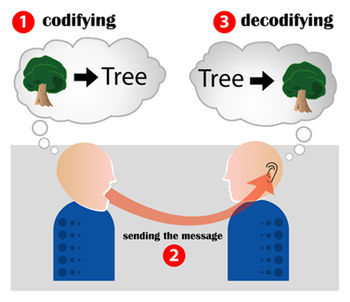You should have seen the look on my friend's face one day while I helped him with some home repairs and we discovered several of his floor joists had come loose. What had been a minor repair job suddenly turned into a(n expensive) phone call for a contractor. Time to call the professionals. As we stood in his basement, gawking with a mixture of awe and horror, I felt compelled to make the obvious observation, "That could have ended really badly. I wonder why it held as long as it did?" His response was, "It was holding up through sheer force of habit."
Rapid transformation in payments is pulling the rugs from beneath banks, insurers, retailers, utilities and others feet. Many have recognized the opportunities offered by new payments technologies, the revolution in POS transactions and the new tools for shaping the customer experience. Payments is one of the fastest growth areas for consulting firms, and not just in stodgy old credit cards or the speed of account reconciliation, but across the entire payments value chain.
But the surprise isn't the amount of change this sector is generating; it's why things aren't changing even faster. To be sure, some of the hold-up is the market – both consumers and businesses – trying to figure out and digest these new developments and how best to apply them to their benefit. There is going to be a catch-up phase. Still, to a surprising degree, even in Fintech hubs like New York or London, the bulk of payments transactions still use 1990s (or older) technologies and processes. Most Americans in 2015 still use magnetic strip card technology, for instance, and even those being issued the new chip and PIN cards will likely find some retailers unprepared for them. My Tai chi instructor takes payment through her cell phone, but my mortgage company can only handle paper checks.

